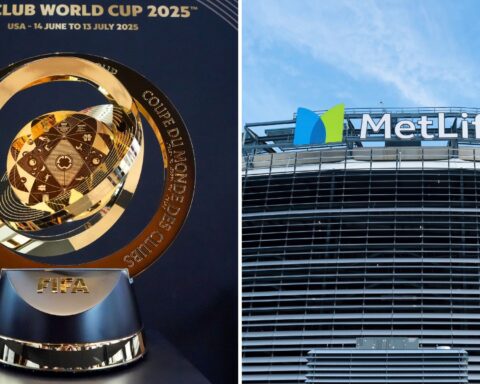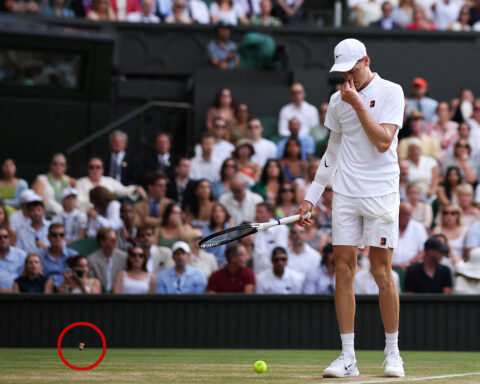The Committee asked about the mandate of the Ministry. In response, the witness stated that the Ministry is responsible for the formulation of sectoral policies, the issuance of subsidiary legislation, and the exercise of oversight functions in the petroleum and energy sectors.
The Committee then asked about the Ministry’s role in licensing activities. The witness explained that licensing is done through the Public Utilities Regulatory Authority (PURA). She further clarified that license applications are submitted to PURA, which undertakes the technical evaluation and then recommends to the Ministry for either approval or rejection. Following this explanation, the Committee requested a list of all licenses approved and disapproved between January 2022 and 2024.
The PS further stated that the Ministry’s licensing framework applies only to importers and does not extend to international traders. She indicated that licensed importers can enter into private commercial arrangements with international traders who procure petroleum products for importation into the country.
The Committee asked whether MoPE had issued licenses to Apogee FZC, Creed Energy, or Ultimate Biege Logistics. The witness’s response stated that, to the best of her knowledge, none of these companies had been issued licenses by the Ministry to trade in petroleum products in The Gambia.
The Committee further asked about the purported new petroleum policy. In response, the witness explained that under the purported new policy, international traders are permitted to deposit petroleum products directly into the depots and sell to licensed importers. This differs from the old policy, under which only licensed individuals or Oil Marketing Companies (OMCs) could apply for ullage space at the depot following a commercial arrangement with an international trader.
The Committee asked whether the approval granted to Apogee FZC in August 2023 for ullage was lawful, considering that the old policy was still in force. The PS responded that under the provisions of the old policy, only licensed OMCs or individuals were eligible to apply for ullage; therefore, the approval issued to Apogee FZC did not conform to the old policy.
The Committee asked whether the exclusive issuance of Ullage Space Apogee FZC is normal. In response, the witness emphasised that no single entity should be granted a monopoly over ullage space at the GP depot for fairness and transparency. She added that ullage allocation should be carried out equitably.
The committee then asked about Cabinet oversight over sectoral policy reforms. The PS clarified that while Ministerial policies and regulations may be formulated and adopted internally, provided they fall within the Ministry’s legal and administrative mandate, overarching government policies must be submitted for Cabinet approval, especially when other Ministries have a stake in the matter.
The Committee further asked about the procedure the Ministry of Petroleum and Energy observed in drafting and issuing the “new policy.” In response, she stated that the Minister only sought her technical advice on the draft, which is abnormal.
The Committee also sought clarification on the depot’s responsibility for fuel lifting. The PS responded that depot management ensures only licensed OMCs can lift fuel from the facility. Furthermore, the PS informed the Committee that Gam Petroleum was officially licensed to import petroleum products on 25 January 2023, and that the license issued is valid for five years. In conclusion, the Committee requested the following:
(a) A comprehensive list of all licenses approved and disapproved by the Ministry from January 2022 to date; and
(b) A formal clarification as to whether the new petroleum policy underwent Cabinet approval, accompanied by supporting documentation.
Findings!
1. The committee noted that the draft policy was shared by former Minister (Abdoulie Jobe) to the PS (Amie Njie) via email dated 02nd July, 2023, for her review and comment, contrary to the customary practice of PSs coordinating policy development. However, there is no evidence that PS responded to this email or commented, and
2. The Committee observed that under the purported new policy, international traders are permitted to deposit petroleum products directly into the depots and sell to licensed importers. However, this differs from the old policy, under which only licensed individuals or Oil Marketing Companies (OMCs) were eligible to apply for ullage space at the depot, following a commercial arrangement with an international trader.




